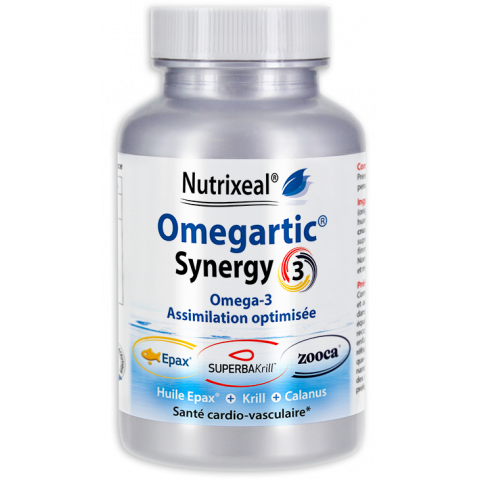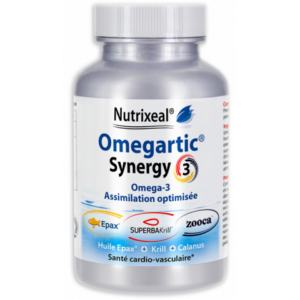Cholesterol
What is cholesterol?
Cholesterol is a stabilizing lipid of cell membranes. This molecule is mainly synthesized by hepatic (liver) and intestinal cells. In blood tests, we distinguish “LDL” and “HDL” cholesterol, respectively named in everyday language “bad” and “good” cholesterol. This is actually a misnomer, because the abbreviations HDL and LDL actually refer to proteins that transport cholesterol in the blood: •
LDL proteins (Low Density Lipoproteins – low-density lipoproteins) transport cholesterol cholesterol from the places of secretion to the cells of the organism.
Cholesterol is also found in food. According to ANSES’s Ciqual database , the foods highest in cholesterol are cocoa butter, oilseeds and their oils, and egg yolks. There are regulatory mechanisms, via the intestinal microbiota in particular, which make it possible to adapt the rate of absorption of dietary cholesterol according to the body’s needs.
Hypercholesterolemia and nutraceuticals:
Nutrixeal offers different alternatives in its Cholesterol range. Garlic , red yeast rice and polycosanol are the major ingredients.
Garlic helps maintain normal cholesterol levels.
Warning: red yeast rice causes a drop in the blood level of coenzyme Q10. It must imperatively be associated with ubiquinol supplementation (reduced form, that is to say active, of coenzyme Q10).
The other supplements in this category have the advantage of not causing a drop in coenzyme Q10 levels.
Green tea extracts help maintain heart health and healthy cholesterol levels.
Product Categories
Showing all 4 results


